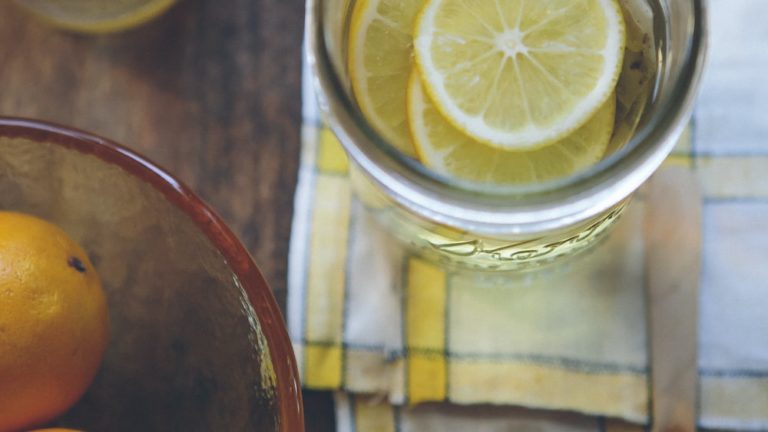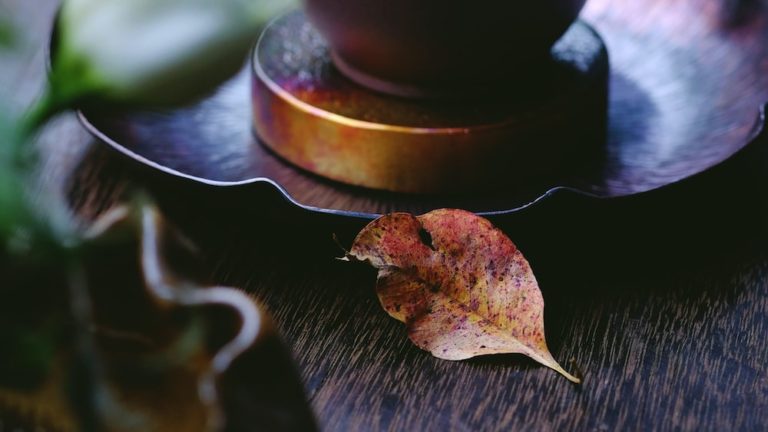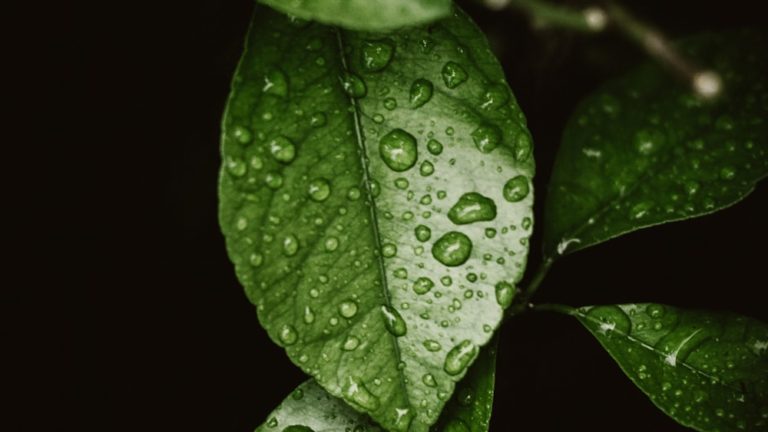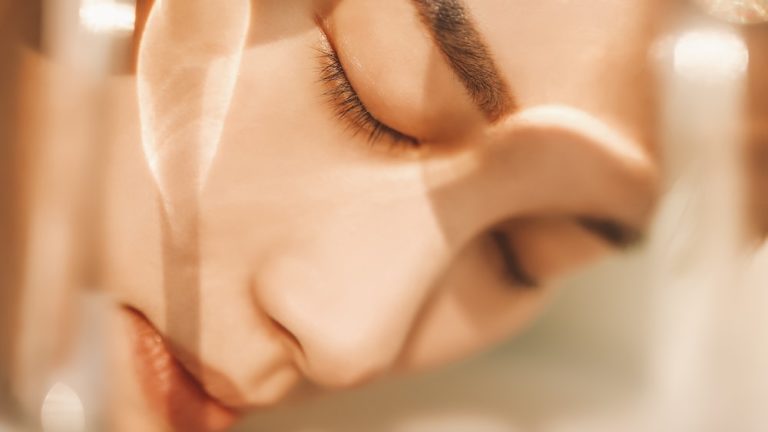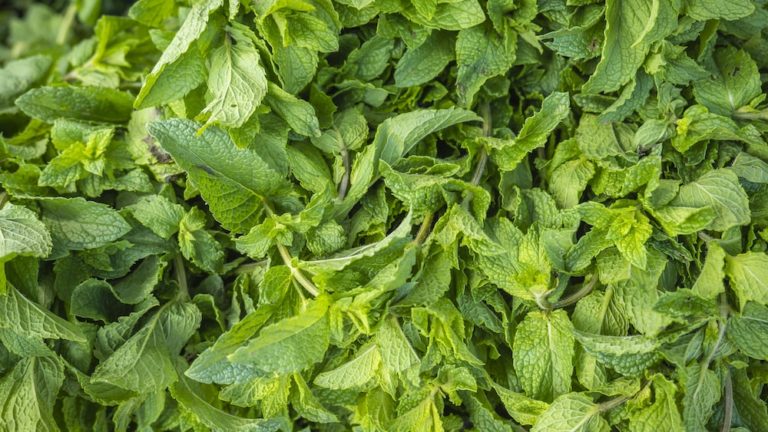Does Jasmine Tea Have Caffeine? Uncovering The Truth
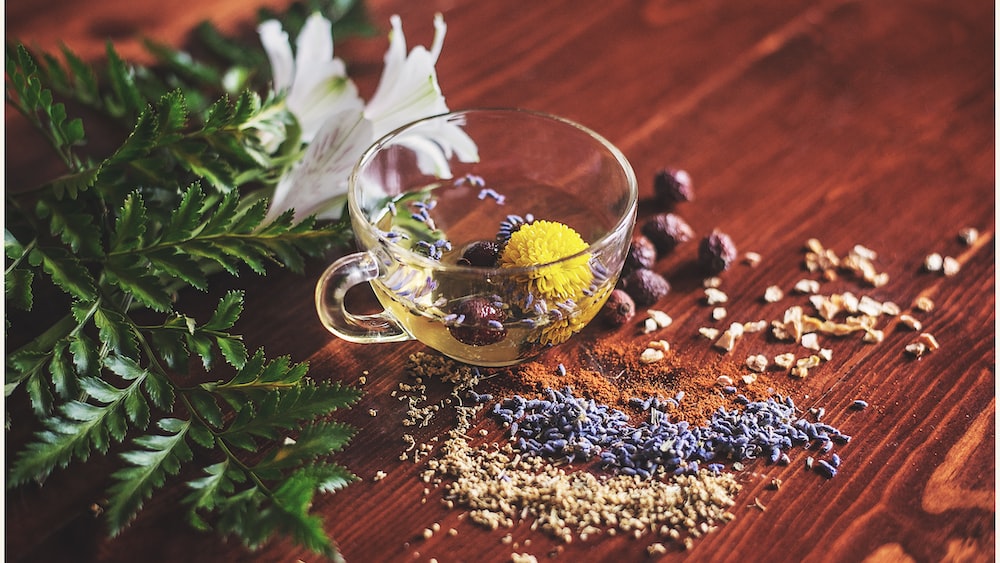
Does Jasmine Tea Have Caffeine? Uncovering The Truth
Hello, wonderful tea enthusiasts and wellness chasers! Today, we pose a simple question which, believe you me, isn’t as naive as it sounds: Does jasmine tea have caffeine? I’m picturing some of you out there squirming in your chairs, “How could he not know this?” – you may be thinking. Well, my friend, sometimes in a bid to uncover the profound, we often ignore the obvious.
I must warn you; the path to discovery is fraught with ironic twists, surprises, and the occasional tea puns. Ready to dive into the mystic world of jasmine tea? Hold onto your teacups – it’s going to be a captivating brew of a ride!
What is Jasmine Tea?
Our golden goose today, or should I say, ‘our jasmine bloom’, is Jasmine Tea. But what exactly is jasmine tea? Let’s brace ourselves for an exciting exploration into the wonderful world of this uniquely delightful beverage!
Origin and History of Jasmine Tea
Pouring ourselves into the pages of history, we find ourselves amidst the fragrant fields of jasmine blossoms. The birth of jasmine tea hails back to China’s Song dynasty (960-1279), graced by an emperor with an insatiable fascination for flowers, especially, you guessed it right, jasmine. This love story was no fleeting affair – it shaped an enduring tradition that we continue to savor today.
However, like all good things, this aromatic love-ridden tea didn’t gain popularity without passing through a few ironic hurdles and twists. It was almost abandoned, forgotten until around the Ming Dynasty (1368-1644) when people found a renewed interest in flavored and scented teas. The revival was enough to rekindle our love affair with this beautifully scented tea.
Since then, this royal brew has undoubtedly had us all quiver our whiskers! If you’re not already a jasmine tea devotee (wait, do those exist?), you’re likely to become one by the end of this tale!
Jasmine tea, with its rich history and enduring tradition, is a beautifully scented brew that will captivate even the most skeptical of tea lovers.
How Jasmine Tea is Made
Ah, the process of making jasmine tea – it’s a lot like composing a symphony, enduring patience to the chorus of nature’s whispers. It begins with picking fresh tea leaves in the entire tea-spectrum from green to white, oolong, and black! Now, this isn’t a random tea leaf picking spree. These leaves are carefully chosen for their ability to retain scent.
Next, they’re stored away like precious gifts, waiting for the jasmine blossoms to bloom. Can you visualize those lovely little flowers simultaneously blooming under the gentle persuasion of the full moon? This precisely choreographed dance of nature isn’t just poetic; it’s crucial to our narrative. Once bloomed, they’re quickly harvested during the day when their scent is most vibrant and full of life.
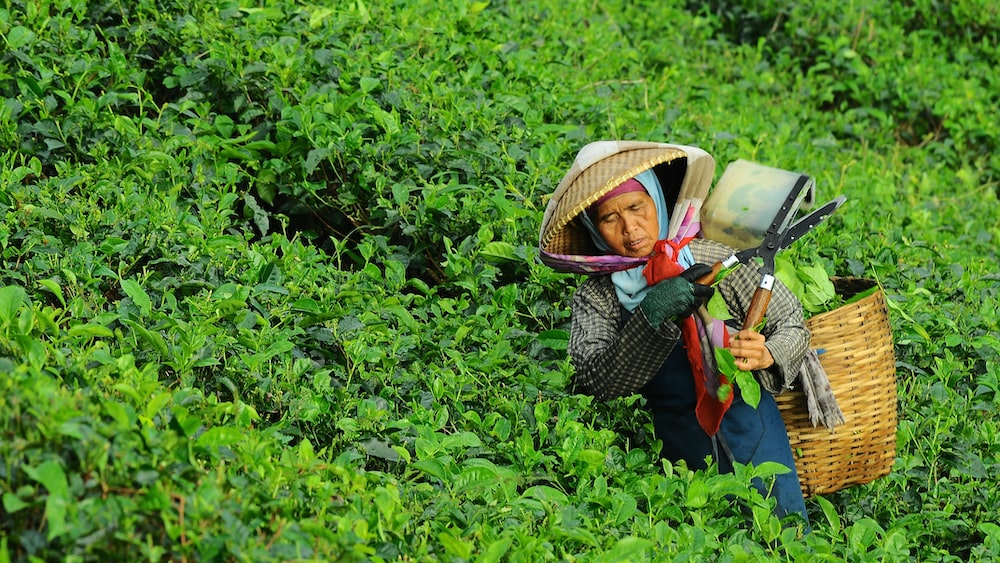
Following that comes the ‘scenting’ process, the heart of jasmine tea’s creation. The tea leaves and fresh jasmine flowers are repeatedly mixed and separated over several nights until the aroma intensifies to the desired level. Taste, after all, can tend to be fickle, wouldn’t you agree?
Does Jasmine Tea Contain Caffeine?
I know we’ve been metaphorically frolicking in fragrant fields of jasmine flowers, but right now, let’s take a serious tea-break. Does jasmine tea contain caffeine? This is a question that needs some steeping in discussion and facts!
The Caffeine Content in Jasmine Tea
Let’s explore this caffeine quandary with a pinch of curiosity and a spoonful of fun! Depending on the type of tea used in its creation, jasmine tea does contain caffeine. If it’s based on green tea, you’re looking at around 35-70 mg per 8 oz cup. Teas based on black leaves, however, will pack a stronger punch, with caffeine content scaling to around 60-90 mg.
And there it is! The tea leaves have spilled the secret. You weren’t expecting that, were you? I see some noses quivering in surprise, “So, my fragrant cup of jasmine tea does pack a proverbial ‘caffeine-kick.'”
Factors Influencing the Caffeine Level in Jasmine Tea
Just as not all teas are created equal, neither is the caffeine level in every cup of jasmine tea. Intriguing, isn’t it? The caffeine content can be playfully elusive, influenced by a string of factors from brewing time to water temperature and the age of the tea leaves.
The longer you brew your tea, the higher the caffeine content in your cup. The temperature you brew at can make a difference too. Surprisingly, older leaves also tend to contain more caffeine, defying the “old but gold” principle.
All these elements are like musicians in your caffeine-concerto. A slightly longer brew-time here, a tinge of hotter water there – voila! You have your own customized caffeine symphony in a cup!
Comparing Jasmine Tea to Other Teas
Now that our caffeine mystery stands unraveled (didn’t see that coming, did you?), let’s put jasmine tea in the tea-lineup. How does it compare with its tea counterparts in the caffeine-world?
Jasmine Tea vs Green Tea
Starting off our tea-duel, we have Jasmine Tea squaring off against the much-touted Green Tea. Is it just me or do you feel the tension brewing?
When it comes to caffeine, both these teas are engaged in a tight tango. A typical cup of green tea contains roughly 35-70 mg of caffeine. Jasmine tea that uses green tea leaves, as we’ve seen, falls right in this range.
However, the notable difference comes when we consider other health benefits and taste profiles. Jasmine tea’s enchanting floral aroma and subtly sweet taste often outshine the plain light flavor of green tea in a tea lovers’ palate. Of course, it all boils down to taste preference, doesn’t it? It’s just like choosing between a jazz concerto and a rock concert, each has its melodious merits!
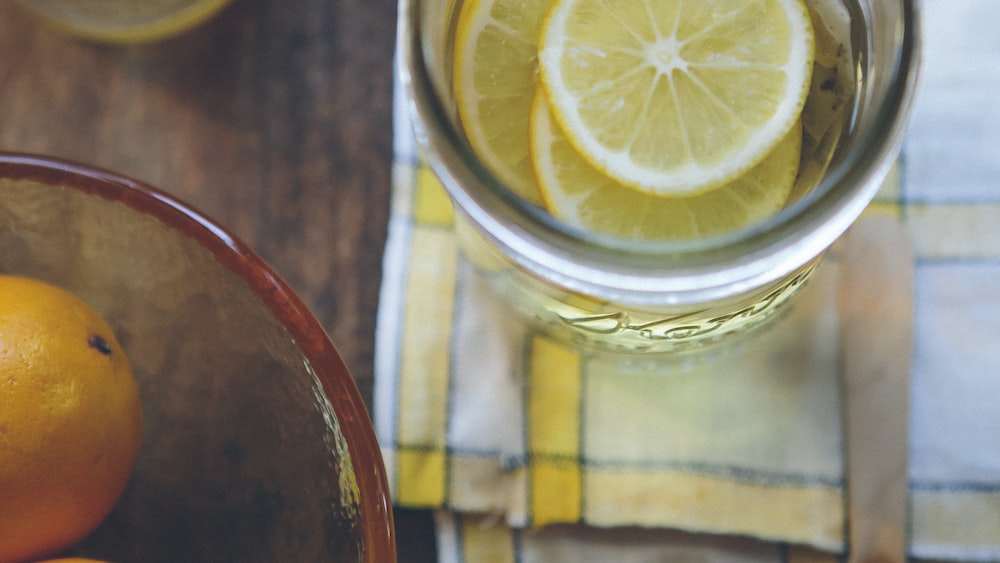
Jasmine tea and green tea have a similar amount of caffeine, but Jasmine tea wins with its enchanting floral aroma and subtly sweet taste.
Jasmine Tea vs Black Tea
Pouring a cup of jasmine tea against a serving of black tea, it’s like a soft-spoken poet squaring off against a gruff cowboy in a verbal showdown of caffeine content. Much like the cowboy’s sturdy boots, black tea carries a stronger caffeine kick. With around 42-72 milligrams of caffeine per 8oz serving, black tea surely makes those taste buds do the jitterbug.
On the other side, our delicate jasmine tea, the poet in this showdown, carries a caffeine punch in the vicinity of 15-25 milligrams per serving. It’s more like a gentle tap on the shoulder than a knock-out punch. Gentle, soothing, but with just enough caffeine to keep your neurons salsa dancing.
Health Benefits of Jasmine Tea
Word on the street is that you’re after the health perks of jasmine tea, right? Well, grab a seat and get comfortable because the benefits of jasmine tea are as impressive as the opening sequence of your favorite blockbuster movie. From antioxidant properties to potential weight-loss benefits, heart health promoters, and brain function enhancers, jasmine tea is like the A-list celebrity of the tea world.
Antioxidant Properties of Jasmine Tea
Here’s the scoop, jasmine tea is an unsung hero in the antioxidant league. It’s like that quiet classmate in school who’s secretly a chess prodigy. Jasmine tea, packed with antioxidants, barrels through your blood like a battalion of soldiers, battling the rogue free radicals crashing your bodily functions. In fact, those antioxidants are proven to help reduce oxidative stress.
Oxidative stress is like that disorderly house guest that leaves a mess in their wake. Lucky for us, the antioxidants in jasmine tea work tirelessly like those TLC reality show crews, cleaning up the havoc wreaked by these damaging molecules.
Potential Weight Loss Benefits
First things first, if any tea tells you that it’ll magically make those pounds vanish overnight, show it the exit immediately. However, sipping on some jasmine tea might lend a helping hand in your weight loss journey. Much like that pal who gives you a wake-up call for early morning workouts.
According to some research, the antioxidants in jasmine tea can help increase metabolism. Imagine it like shifting your body’s internal engine into a higher gear, burning more fuel, and in our case, that means burning fat. But, remember, our dear jasmine tea can support weight loss, not drive the entire journey like an all-inclusive weight-loss Uber service.
Jasmine tea also has a mild diuretic effect, luring out excess water in the body. Think of it like the bouncer who discovers an overcrowded club and starts escorting a few patrons to the exit. But remember to sip wisely and pair it with a balanced lifestyle.
Jasmine Tea and Heart Health
Oh, the heart, the rhythmic engine room of your body. Fear not, because jasmine tea isn’t just a delicate dancing partner for your taste buds, but it’s proven to be good for your heart too. In a world where Valentines come and go, jasmine tea is like a faithful year-round companion for your heart.
Studies suggest that drinking jasmine tea can help reduce bad LDL cholesterol and ultimately lower the risks of heart diseases. Just like that studious classmate who helps lower your anxiety before a big test, jasmine tea works behind the scenes, lowering cholesterol levels and fighting heart disease with every sip.
Drinking jasmine tea can help reduce bad LDL cholesterol and ultimately lower the risks of heart diseases.
Jasmine Tea and Brain Function
Perhaps you’re a night owl, constantly burning the midnight oil. Or maybe you’re after that thespian level focus needed to perform Hamlet’s soliloquy without batting an eyelid. Either way, your secret weapon might just be a cup of warm, fragrant jasmine tea.
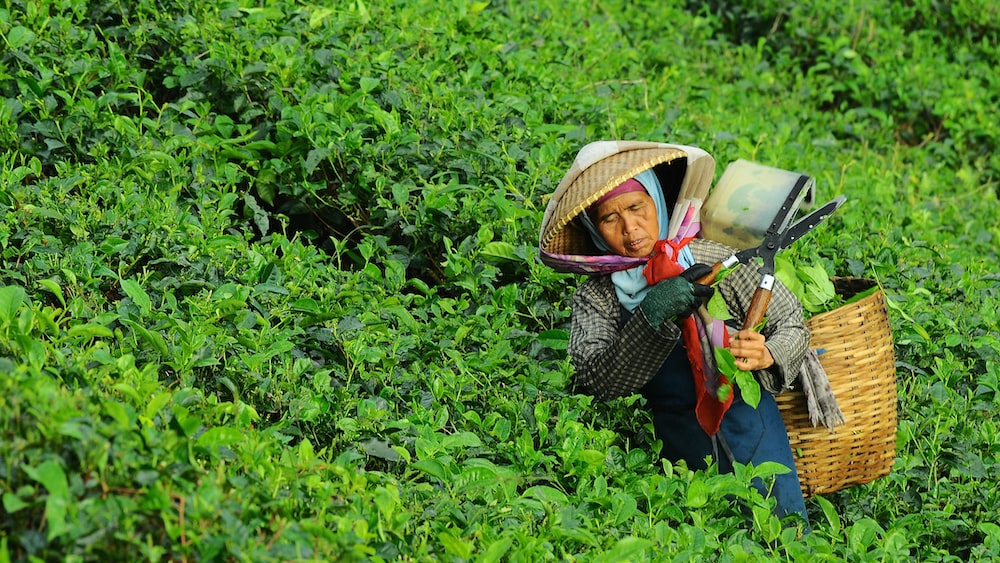
This floral knight in shining porcelain is believed to enhance cognitive function and neural activity. Some studies even say it could reduce the risk of neurodegenerative diseases like Alzheimer’s. Picture jasmine tea as a kind of cerebral janitor, sweeping away cobwebs from your brain’s communication lines, keeping thoughts passing through like speedy texts.
How to Brew Jasmine Tea
The time has come! The stage is set, and the audience – your taste buds, await their symphony. Fear not, for brewing the perfect cup of jasmine tea isn’t rocket science. It’s more like assembling IKEA furniture – follow the instructions well, and you’ll have a masterpiece in your hands.
Best Practices for Brewing Jasmine Tea
Now, the first thing you need to remember about brewing jasmine tea is that it’s just like asking someone on a first date. You can’t rush into it and have to be gentle, patient, and understand the process.
First off, take quality tea leaves. It sounds obvious, but it’s a bit like choosing the right materials before you start painting. Next, you must ensure that you have fresh, filtered water. No one wants their masterpiece to be tainted by impurities, right?
After boiling water, let it sit for a minute before adding it to the tea leaves. Much like you’d let hot chocolate cool down before gulping it, the same principle applies here to avoid burning the delicate leaves. Steep for 2-3 minutes, and savor the aroma before moving on to the tasting.
Ideal Time to Drink Jasmine Tea
As you might have guessed, timing is everything when it comes to jasmine tea. Much like planning the perfect heist, several factors come into play when finding the ideal time for a jasmine tea rendezvous.
Early morning, when the world is just waking up, and the day still holds limitless possibilities, can be a peaceful time to enjoy the gentle kick of caffeine within jasmine tea. Or maybe opt for a mid-afternoon break, just as the day starts to drum its fingers, urging for a touch of refreshment.
It’s crucial, however, not to venture too close to bedtime. Remember, jasmine tea isn’t a complete caffeine-free party. It’d be like inviting a drumline over for a quiet evening – things might get a touch too exciting when all you thirst for is sleep! Aim to finish your final cup at least a couple of hours before resting your head for the night.
Potential Side Effects of Jasmine Tea
Now, remember how mom used to warn us about too much of a good thing? While Jasmine Tea surely makes your taste buds dance a merry jig, it’s essential to be aware that it, like most things in life, isn’t entirely devoid of potential side effects. Tea enthusiasts and health pilgrims alike are strongly advised to stay informed about these caveats to enjoy the cup of serenity safely.
Safety Considerations for Jasmine Tea Consumption
If you’re a devoted tea sipper, Jasmine tea’s scenario is similar to a double-edged sword, beneficial on one side, but holds slight risks when consumed in excess. Remember, moderation is the key!
Firstly, because Jasmine Tea does contain caffeine, excessive intake could lead to caffeine-related side effects such as jitteriness, rapid heartbeat, and difficulty sleeping. Think of it like having too much energy and nowhere to channel it – like being a hyperactive squirrel locked in a tiny cage.
Secondly, it’s advisable to keep an eye on any allergic reactions. Albeit rare, some individuals may have difficulty consumption Jasmine Tea, with symptoms ranging from mild discomforts like stomach upsets to severe reactions like breathing issues. It’s like your body throwing a mini protest against the unwanted guest using placards of discomfort.
Excessive intake of Jasmine tea can lead to caffeine-related side effects and allergic reactions, so it’s important to consume it in moderation.
Who Should Avoid Jasmine Tea?
While it’s a delightful brew, there exist some populations that should approach Jasmine Tea with cautious curiosity. Yes, it’s hard to resist the tantalizing aroma and the soul-soothing taste, but health first, folks!
Pregnant women and breastfeeding mothers, for instance, are advised to limit their caffeine consumption. It’s a bit like an uninvited party guest, intruding on the mother-baby duo’s peaceful soiree.
People experiencing sleep disorders like insomnia, or those with a sensitive stomach dealing with ulcers or acid reflux might also want to approach Jasmine Tea, or any caffeinated beverage for that matter, with caution. It’s like having a noisy neighbor when all you want is some calm and quiet.
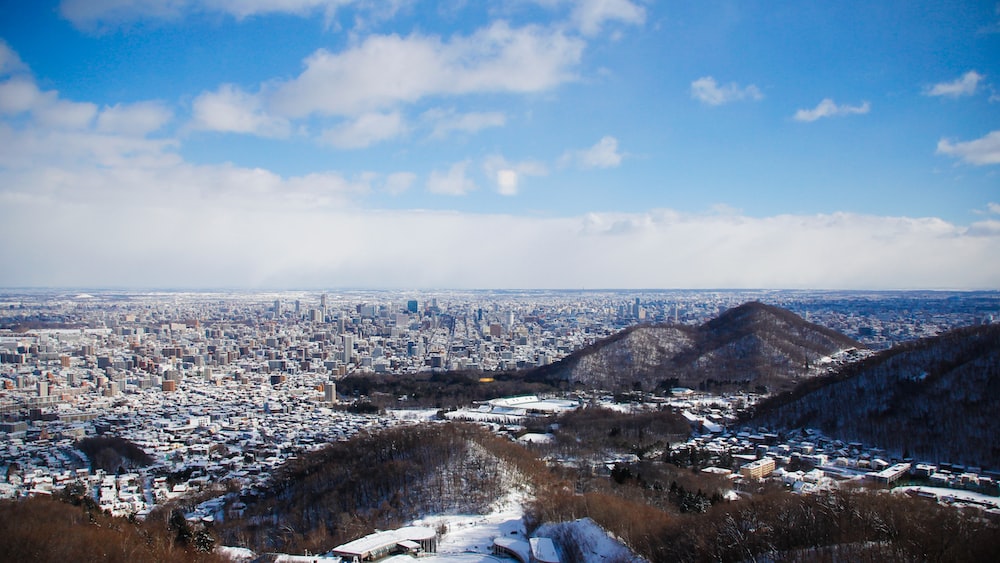
Children and people suffering from anxiety disorders are also advised to keep their caffeine intake in check. Imagine feeling like a tightly strung violin all day – not very pleasant, is it ?
Frequently Asked Questions
1. How much caffeine is in a cup of Jasmine Tea?
In a cup of Jasmine Tea, the caffeine content is typically lesser when compared to other teas. It’s not exactly like a caffeine-powered rocket, but more of a gentle canoe ride down caffeine creek.
2. Can I drink Jasmine Tea before bed?
Technically, drinking Jasmine Tea before bed depends on your caffeine sensitivity. If you are resilient to caffeine, sure, it could serve as a warm hug before bedtime.
3. Does Jasmine Tea have more caffeine than coffee?
As for the caffeine showdown, coffee notches a clear victory. Jasmine Tea has noticeably less caffeine than your average cup of joe. So, Jasmine Tea is more like a gentle caffeine lamb against the roaring coffee lion.
4. What are the health benefits of Jasmine Tea?
Health benefits of Jasmine Tea include potential weight loss, heart health support, and enhanced brain function. It’s like a multi-talented artist, dabbling and impressing in different aspects of health.
Conclusion
So there you have it folks, we’ve traversed through the wonderful world of Jasmine Tea, brewed a pot of knowledge, and discovered a bit more about the roadside sign that is “caffeine content”. Whether it was about its history, the caffeine content, or the health benefits, Hopefully, it has been an enriching journey.
Always remember though, while we can enjoy the soul-soothing warmth and delightful flavors of this wonderful brew, we must also be cognizant of knowing our own bodies and understanding our limits.
Until next time, keep brewing, keep exploring, and as always, stay healthy. This is Zoe, signing off for now. Enjoy your cup of peace!

